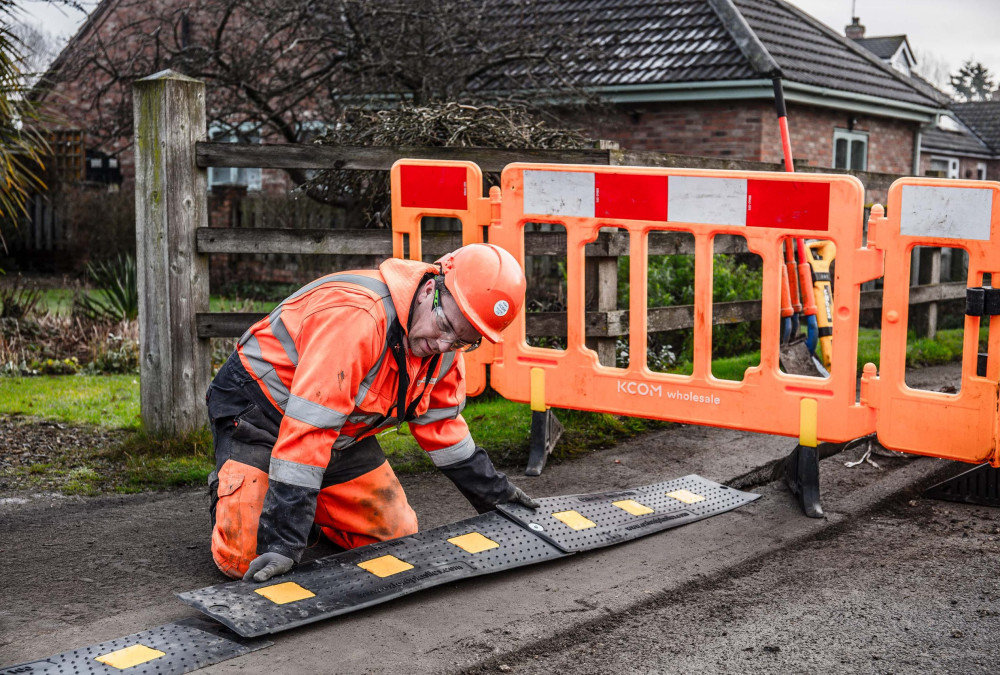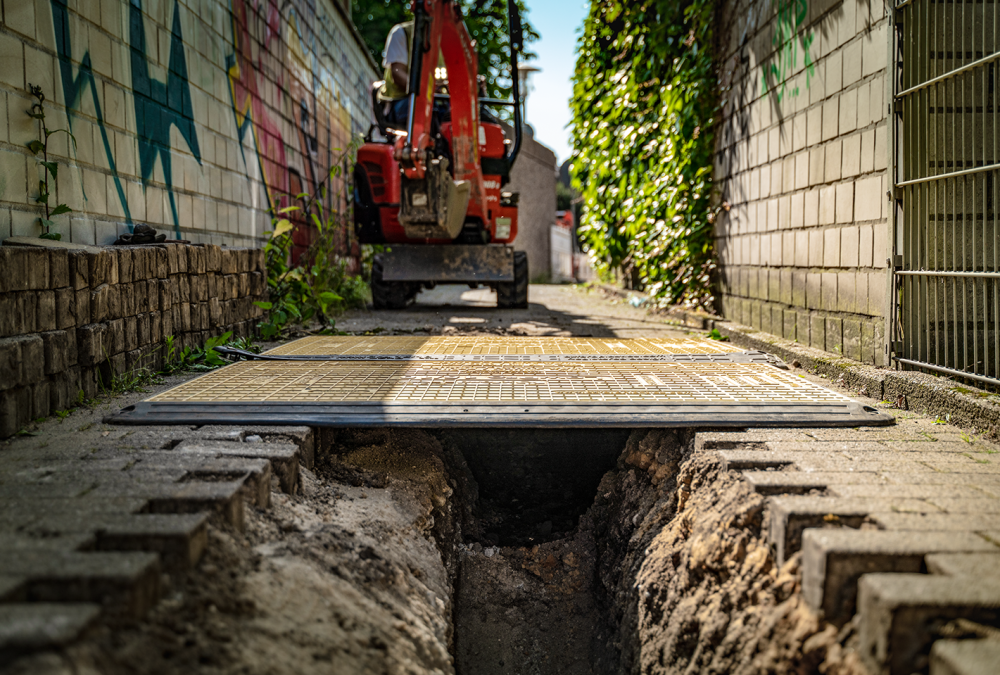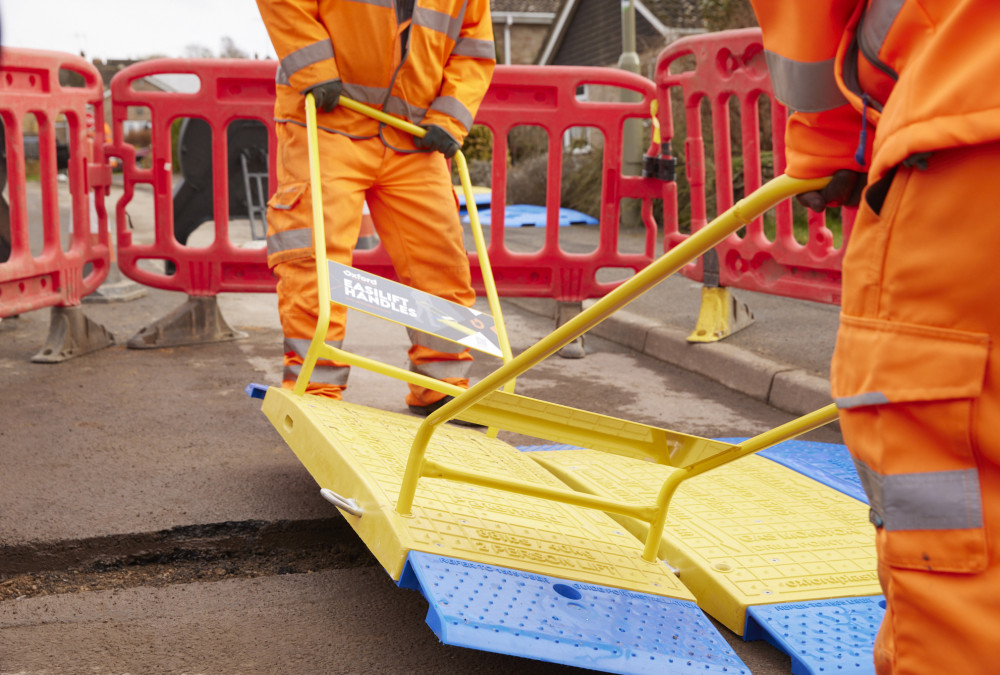Road Plates & Trench Covers
At Oxford Plastics, our LowPro range of road plates and trench covers are perfect steel/wooden alternatives. Learn more about how the LowPro range could help your business today.
Why choose our LowPro range of road plates and trench covers?
The LowPro range is designed to replace steel plates and wooden boards. They’re light enough to be installed by hand, which makes covering excavations quick, quiet and easy. Tested to ensure a 2:1 safety factor, the LowPro range is built to last, with little to no maintenance costs and is more sustainable than steel alternatives.
Safe Covers
LowPro Road Plates & Trench Covers Guide
Everything you need to know about our range of sustainable composite LowPro covers from Oxford Plastics. Learn how the LowPro road plates and trench covers work, installation instructions and which LowPro to use.
 2:06
2:06
Road Plates & Trench Covers
How can our road plates and trench covers help your business?
Trench covers, road plates and road ramps are essential for maintaining accessibility. Here at Oxford Plastics, our range of road plates and ramps covers all needs and requirements – whether they are for small sinkholes, wide-trench utility works or public access.
What is a trench cover?
A trench cover is a sturdy, flat panel that is used to securely cover and protect open trenches, bores and excavations in roads, pavements and construction sites. While they’re commonly made out of materials such as steel or wood, our LowPro range uses plastic to provide a safe, stable and durable surface that vehicles, pedestrians and workers are able to pass over to help prevent accidents, injuries, and damage to vehicles. While trench covers are designed to cover these hazardous openings, our LowPro range is also built to withstand harsh weather conditions and prolonged use, to offer as much durability and reliability as possible, regardless of its application.
What is a road plate?
While similar to trench covers, road plates serve the distinct purpose of covering temporary excavations, trenches and utility works in roadways, streets or construction sites. These large, flat panels ensure the safety of vehicles, workers and residents, while also minimising traffic disruption during any construction and/or maintenance activities, making them essential for maintaining safety and accessibility on work sites.
Why choose plastic trench covers/road plates over steel alternatives?
With the LowPro range using plastic rather than steel/wood, many benefits come alongside it, without any sacrifice to their strength/durability. There are many key benefits to using plastic road plate alternatives, including:
Lightweight & Portable – Using plastic rather than steel/wood allows them to be much, much lighter. This ultimately allows for easier transportation, handling and installation.
Non-Conductive – If you’re operating within the utilities/electricity industry, plastic road plates are much safer than their steel counterparts, as they aren’t able to conduct any electricity, ensuring the safety of both workers and residents.
Chemical Resistance – Although not entirely resistant to corrosion and chemical damage, plastic road plates offer significantly greater resistance compared to alternatives like steel plates and are not susceptible to rusting in harsh environments.
Noise Reduction - Plastic road plates dampen vibrations and lower noise levels caused by passing vehicles, creating a quieter and more pleasant environment for nearby residents and workers. This is particularly advantageous in urban areas or construction sites near residential neighbourhoods.
Environmentally Friendly - Our plastic road plates are made by using 75% recycled plastics, which saves plastic from ending up in a landfill. After our road plates are no longer usable, we’re then able to recycle 75% of our products, while the remaining 25% can be burnt to create energy from waste.
If you’re interested in learning more about the profitability, safety, efficiency and simplicity of our LowPro range, then read our case study for our client, Balkan Plumbing.
Get in Touch








